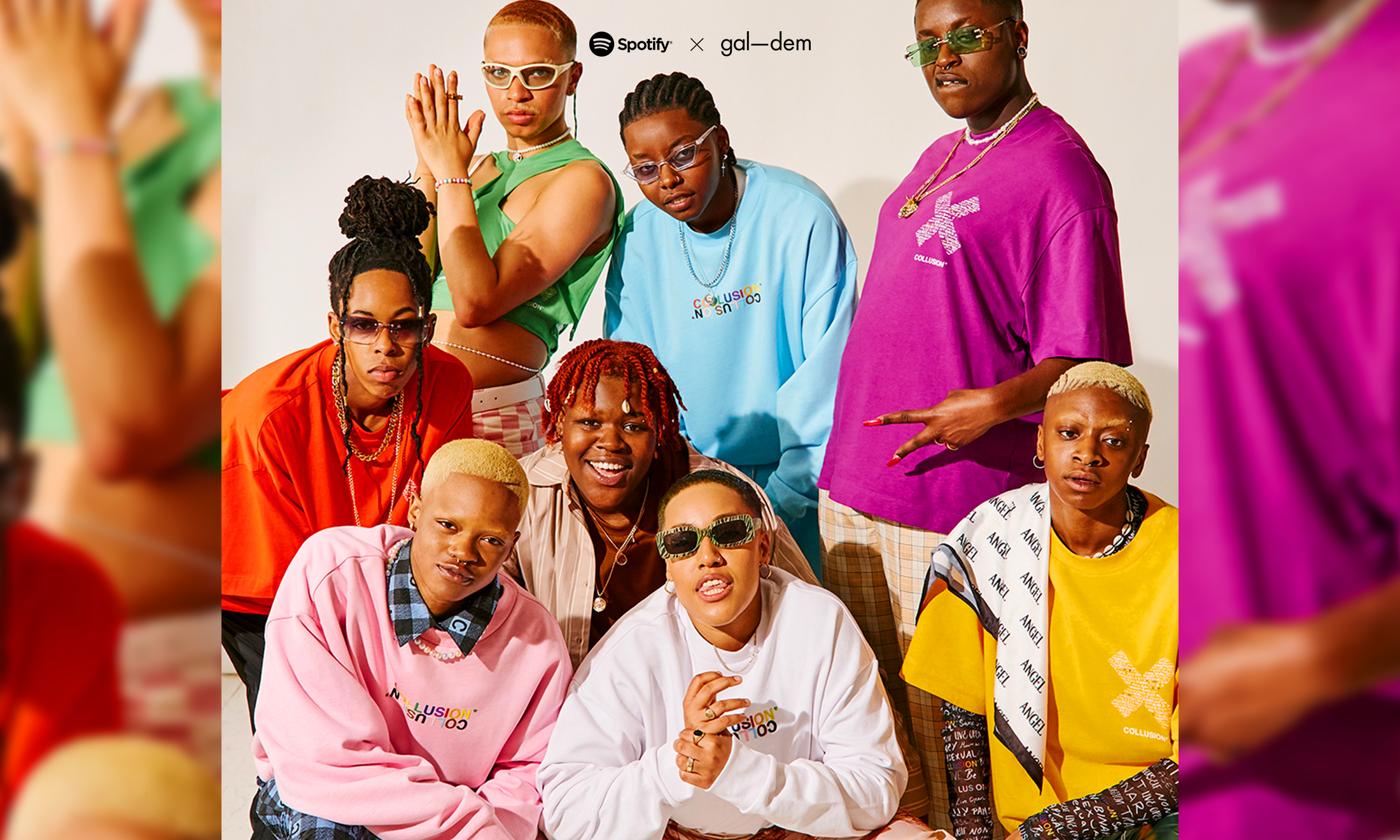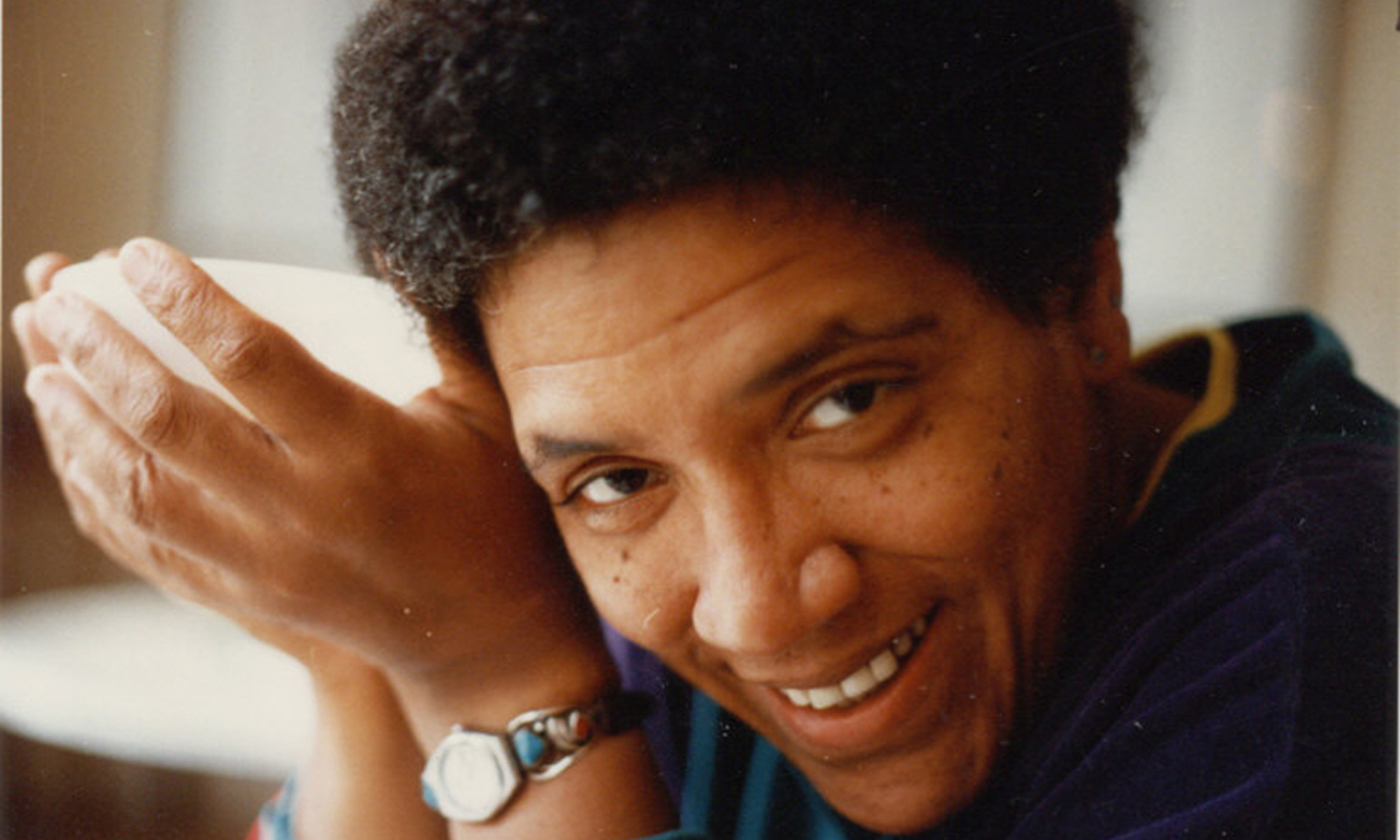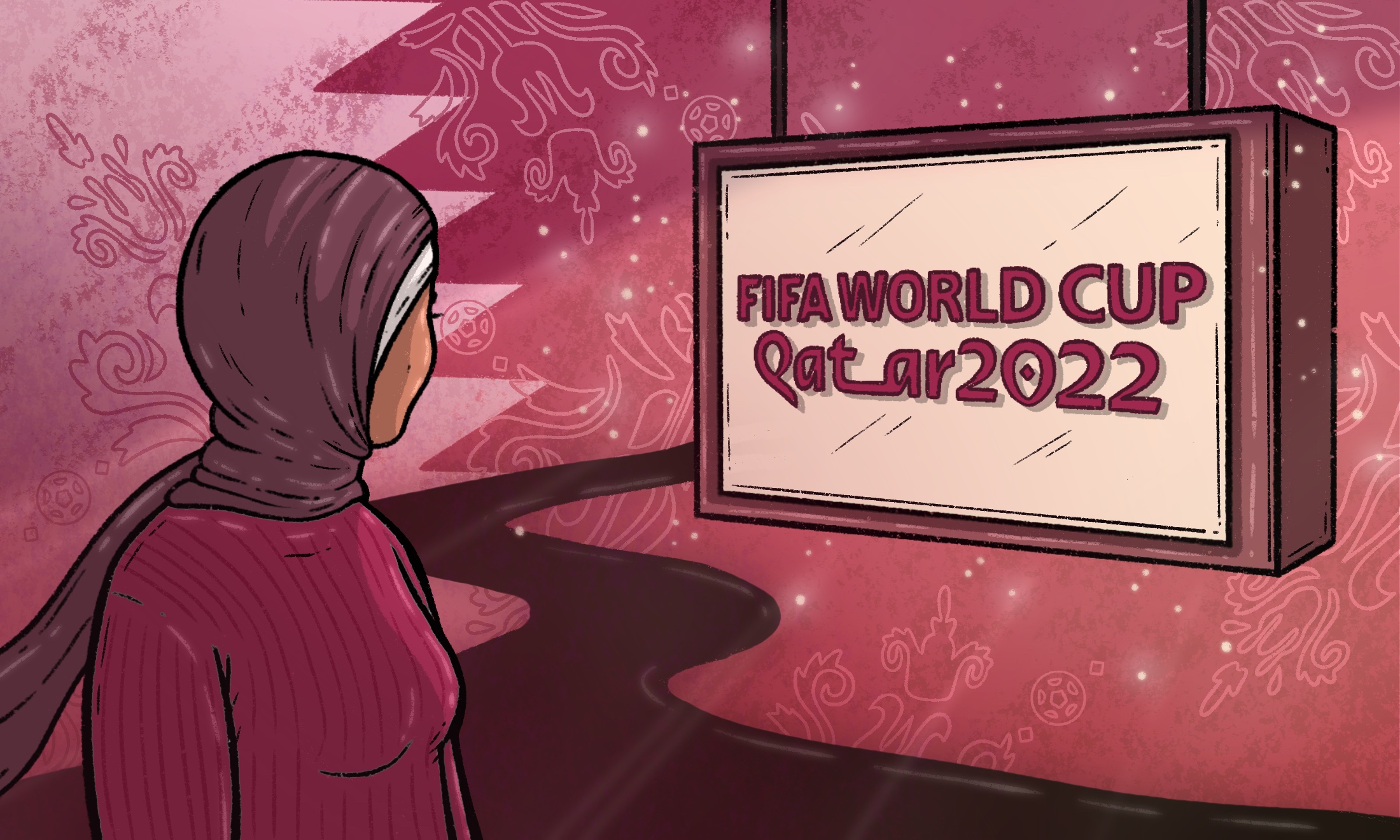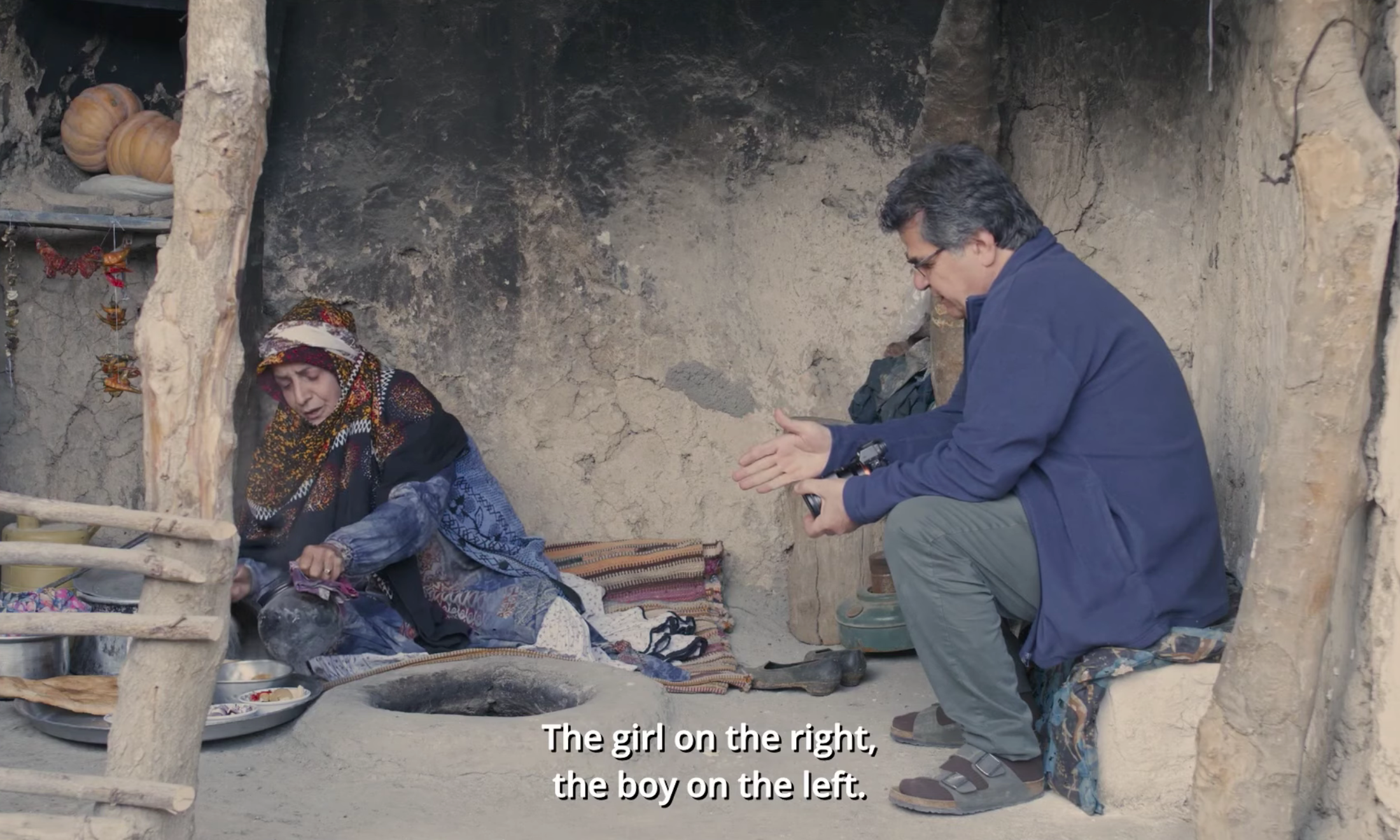
Last weekend the website Babe published a woman’s allegations of sexual assault, perpetrated by US actor, TV-writer and comedian Aziz Ansari. On Sunday, The Atlantic published an article by Caitlin Flanagan entitled ‘The Humiliation of Aziz Ansari’: in short, a 1,500 word chronicle of slut-shame, denigrating a generation of sexual violence survivors as simply “young women who don’t know how to call a cab”.
Flanagan’s article sighs with nostalgia for decades past, as she reminisces about magazines in the 1970s that advised women to carry cab fare on dates “in case he got ‘fresh’ and then refused to drive you home”. I was angered beyond belief. Young women in 2018 don’t have to put up with shit just because we’re not getting raped every night against the washing machine our husbands bought us to make up for the fact that they are having an affair with their secretary whilst the thrill of our day is finding a new way to cook a knuckle of ham.
“Let us be clear about this: publishing a disclosure of sexual assault is not an act of revenge porn”
Flanagan’s characterisation of the young woman’s account as simply a story of “rejection”, “regret” and most distastefully “3,000 words of revenge porn” exposes her fundamental misunderstanding of sexual assault and consent. Let us be clear about this: publishing a disclosure of sexual assault is not an act of revenge porn. Revenge porn is a horrific violation whereby images or footage of a person (typically a girl or woman) either nude or performing a sexual act are shared without their consent. In 2015, 32-year old Tiziana Cantone killed herself after a video of her performing a sexual act was posted online without her consent and went viral, and 15-year old Karina Saifer Oliveira killed herself after intimate photos of her were shared without her consent.
Once my cloud of anger had abated, and I had taken time to explore Flanagan’s back catalogue of journalism, I reconciled with the fact that Flanagan is not necessarily a rampant misogynist, she just doesn’t have a clue what she’s fucking talking about. In a November 2017 article about sexual assault in Hollywood, she writes: “In the America of earlier generations, one thing that silenced women who wanted to report unwanted sexual acts was how important it was not to damage a man’s career”. Performing a baffling about-turn, in Sunday’s Atlantic article she then writes:
“Twenty-four hours ago… Aziz Ansari was a man whom many people admired and whose work, although very well paid, also performed a social good… Now he has been—in a professional sense—assassinated, on the basis of one woman’s anonymous account”.
Wrong. Men’s careers are not ruined by allegations of sexual assault.
“Aziz Ansari will be fine. He has made millions out of feminist posturing, and I’m sure the gravy train won’t stop now”
To name a few recent examples: in 2016 Amber Heard obtained a temporary restraining order against her then husband Johnny Depp, and filed for divorce, supplying photos of bruises on her face and smashed bottles of wine as documentation of a pattern of abuse he had perpetrated against her. Since then, Depp has acted in six feature films and four further films which are in post-production, and has featured in a perfume campaign for Dior.
Lest we forget: in 2016, audio was published which captured Donald Trump admitting to sexual assault. In the recording he says: “I don’t even wait. And when you’re a star, they let you do it, you can do anything… grab them by the pussy.” Three months later, Trump was inaugurated as the 45th President of the United States of America.
Aziz Ansari will be fine. He has made millions out of feminist posturing, and I’m sure the gravy train won’t stop now. What is critical, then, in the face of these allegations is that we hold the line, and we maintain one of the key tenets of feminist sisterhood which is that we believe survivors of violence.
“What happens when a disproportionate amount of media coverage is given to these so-called “false” accusations, is that a strong message is sent to women that their accounts are not credible”
I’ll try not to give more than 4% of this article to considering the possibility that the claims against Ansari are “false”, as that is the percentage of rape allegations that transpire to be “untrue”. We should also bear in mind that a sizeable chunk of these “false” accusations are declared so simply because there is insufficient evidence, and many of these accusations are not levelled at a named perpetrator (ie, they are not cooked up simply to tear down a targeted individual).
More importantly, what happens when a disproportionate amount of media coverage is given to these so-called “false” accusations (or to belittling allegations of assault or misconduct as “bad sex” or a “lousy romantic encounter”), is that a strong message is sent to women who are recovering from, or future survivors of sexual violence that their accounts are not credible, and that they will have to fight tooth and nail to be believed. This goes some way towards explaining the chronic under-reporting of sexual assaults (for a variety of understandable reasons, only 15% of people who experience sexual violence choose to report it to the police).
In her article, Flanagan has the self-awareness to muse that perhaps she is simply out of touch. Yes, sex, dating, and relationships do look very different to how they did in the 1970s. Every single young woman I know has experienced a sexual encounter that could be categorised as harassment, assault, coercion or exploitation. My own #MeToo, which happened five years ago, exists now only as shards of memory, and a smattering of messages in Facebook chat.
Let’s call bullshit on Ansari’s comments that he was “surprised and concerned” to learn that his dogged sexual advances had made his date feel uncomfortable and uneasy. Men have agency over their own actions, but too often (in my experience) willingly ignore our reluctance to engage in sexual activity, and keep pushing for more until we submit to their requests. Submission – a “yes” extracted from lips that are tired of producing and reproducing refusals – is not consent.
Flanagan would do well to remind herself that young women in 2018 do not have to atone for the fact that men in 1975 were probably even more trash than they are today. As feminists living in the 21st century we are hyper-aware that the work we do to end violence against women necessarily stands on the shoulders of our sisters who have struggled, laboured and given their lives for our fundamental rights and freedoms. This doesn’t mean that we can jump off the locomotive of progress and take a leisurely snack break- we must keep pushing forward and shaping the world we want to live in.
We’ve come a long way from books and magazines that taught women that the three most important little words were “I love you” or “rip my bodice”. Today more than ever, let’s continue to pivot away from the men whose hands grab at our bodies and our rights, and face our sisters to say three little words that mean the world: we believe you.
Image by Atrossity Photography









